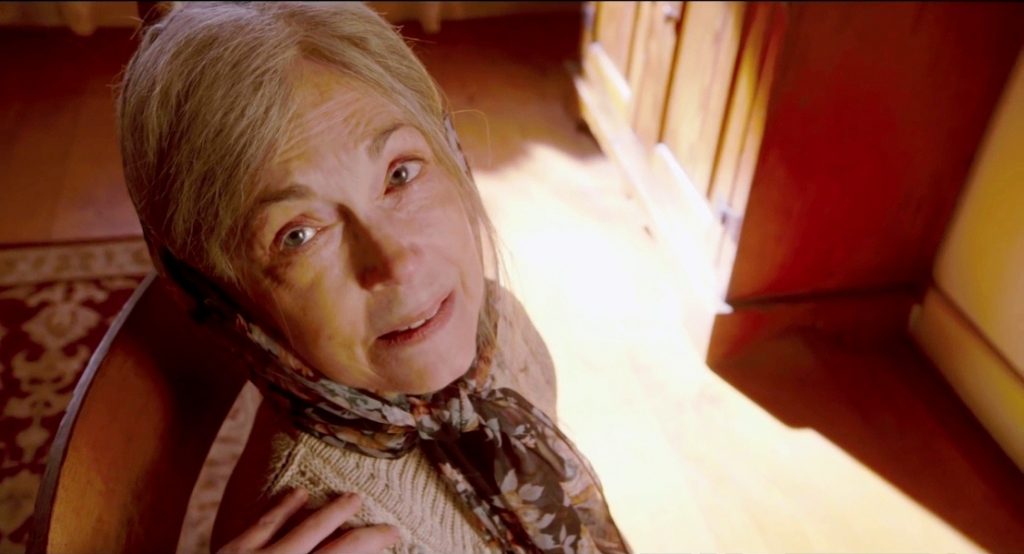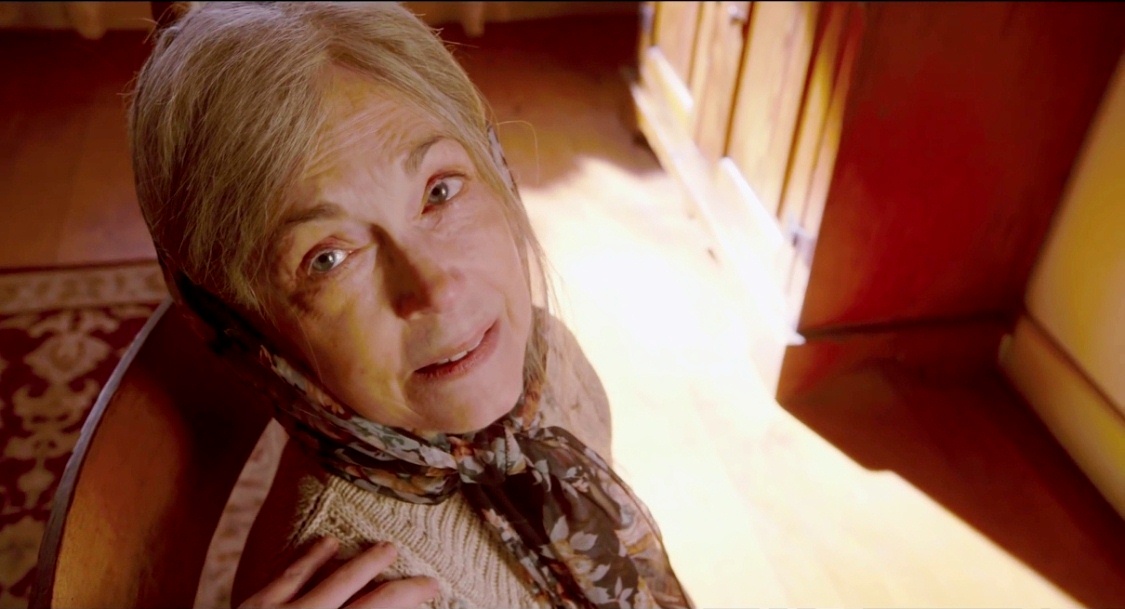The scariest part of The Visit is the filmmaking
Night Shyamalan just can’t seem to get it right anymore. Once one of the most promising American film directors, he’s since become a laughingstock in the industry. People come to his movies in amusement, waiting to see if his latest is, in fact, worse than the last, as ratings would suggest.

I’m not easily amused by all these demeaning jokes and insinuations. Shyamalan made The Sixth Sense, which was masterful in every possible way, and even in the horrid After Earth, I could still feel a potency, a natural gift for atmosphere and creating tension out of thin air. So I said to myself—and he must have read my mind—that he needed to make a horror film, as low-budget as possible, relying on nothing but his wit and directorial flair, with no added artifice. Well, he’s just done that, and now I’m afraid we’re all out of options.
The Visit, which Shyamalan self-produced in hopes of regaining artistic control over his films, may be even worse than the rest, and there’s no one to blame but himself. A tale of two siblings who visit their disturbed and increasingly threatening grandparents—whom they’ve never met—this film tries its hand at found-footage horror and dark comedy, and fails at both. Shyamalan is known for his plot-twists, and this one is clever enough that it could almost work, if it weren’t followed by a sappy attempt at tearjerking and some of the worst rap I’ve ever heard delivered on-screen. The overall effect was so overwhelmingly negative that it could only logically be explained as self-sabotage.
As low as Shyamalan’s films have sunk in his later years, they were at least partially kept afloat by solid cinematography, and fine music by his long-time collaborator James Newton Howard. Both had to be sacrificed this time to little avail. A found-footage film—such as Paranormal Activity—requires at least some degree of naturalism in order to work, but The Visit is too overacted, and too nicely shot and edited to be even remotely in the realm of plausibility. The performances are all unnatural, especially from the main actress, newcomer Olivia DeJonge, playing Becca, a young girl who speaks like a seasoned filmmaker—a clear and poor attempt at self-portrait by the director.
But the film’s biggest misstep is its use of mental illness as fodder for cheap laughs and scares. Why must it be funny that Nana, the grandmother, runs around naked at night? The first time we see odd behaviour from her, she is seen vomiting all around the house. The granddaughter sees this, but instead of talking to her or trying to help, she just runs to her room and locks the door. This illustrates that the director only treats the grandparents as movie monsters, and never as human beings, which is sad.
There are interesting episodic moments, all given away in the trailer, especially the scenes in which Nana asks her granddaughter to get inside the oven to clean it, in an obvious but effective reference to a fairy tale. These little moments will be of little consolation to fans, as this is another embarrassment from Shyamalan. He has gotten himself in a hole, and it will take major soul-searching and head-scratching to get out of it.




